This week in Extra Punctuation, Yahtzee explains that the reason why he never reviewed Undertale for Zero Punctuation was that he simply loved and appreciated it too much.
Extra Punctuation Transcript
I mentioned Undertale last time, which is nothing to be afraid of. As one of my favourite games of all time, it tends to pop up a lot. And Nick the editor pointed out that since I never did an official Zero Punctuation of the game, now that Extra Punctuation is in video format this might be a good time to renew my vows, as it were. Much as I hate to confirm the widespread and unfounded notion that I only use ZP to hate on games, it was partly because I love Undertale that I never ZPed it. Doing so just felt… what’s the word. Ungrateful? Like criticising your partner’s oral sex technique?
Before you ask, no I haven’t played Deltarune, the episodic anagrammized pseudo-sequel to Undertale, and I don’t plan to for some time. I’ve been burned before by the promises of episodic gaming and I’m determined not to touch it ’til the whole thing is done and packaged together for my convenience. Let’s focus on the original.
I’ve been known to have a rose tint in my Burberry half-rims for the games I’ve loved in the past. And sometimes returning to a game that blew your mind after a few years can often be an uncomfortable comedown to reality as you notice the wrinkles you were distracted from the first time. So to prepare for this video, I recently played through Undertale again. I started it up one slow afternoon thinking I’d maybe play up to the first boring bit in the snowy forest and then get on with one of the other hundred things I needed to do that day. And then I ended up playing through two thirds of the whole game that session.
Apparently what I was thinking of as the “boring bits” are in fact essential moments of downtime to space out the fun and energetic bits, and what I’ve now established for myself is that Undertale is both still a really good game, and a remarkably well-paced one to boot. But let’s start at the start. Undertale is a pixel art 2D top-down RPG by indie developer Toby Fox released in 2015 with a deceptively amateurish MS Painty art style reminiscent of Earthbound, the original patron saint of the quirky subversive RPG. But while Earthbound used its flat untextured colours and stark low-resolution black outlines to emphasise the breezy carefree atmosphere and slightly inconsistent oddball tone, Undertale’s low-effort seeming graphics is just the first of its many subversions. You’ll find as you go through the game that it’s perfectly capable of decent 2D animation and pixel art, and the one thing it most definitely is not is low effort. It’s packed to the gills with so much optional funny dialogue with so many alts covering the different things a player can do that new playthroughs will always yield more to find.
You know what, if I had to pick one word to sum up Undertale, “subversive” would probably do. Seems appropriate for a game with “under” in the title. That’s why I never ZPed it, ZP is a subversive comedy review and Undertale is already its own subversive comedy review of itself. On the absolute tippy top crispy Creme brulee surface level, it’s a cartoon RPG about a kid journeying through a fantasy world of monsters fighting turn-based RPG-style random encounter battles. That gets subverted almost instantly when it becomes clear it’s actually a spoof of such games and of standard video game tropes. Early on a maternal character solves all the puzzles for you out of obsessive protectiveness. Later, we meet monsters complaining about their obligation to infest their living spaces with puzzles in case humans come along.
And the gameplay is subverted, too. The turn-based RPG battles turn out to have more in common with bullet hell shooters. That last part’s important because it illustrates that for all its many complex layers, the secret of Undertale’s success is that it never stops being accessible. You don’t need to be really good at turn-based RPG battling to get through it. Everyone keeps telling me to try out Inscryption lately because it’s apparently subversive in all the ways I like but I’m just not into its strategic deck building gameplay so it doesn’t draw me in. Undertale’s combat is the classic simple to learn, hard to master formula that evolves in multiple ways as the story goes on, culminating in an intense and memorable final boss fight that keeps the subversion going by breaking the fourth wall and manipulating the game’s basic structure and save-load mechanics.
But even that is still on the upper layers of the subversion trifle. The initial subversion of the game being a silly spoof is itself subverted when you realise that it’s actually a really well written emotionally effective story. The characters are silly, but they also have nuance and relationships with each other and very human, sympathetic traits, and by the end you’re invested and you love them. You realise that the so-called monsters of the underworld don’t want to hurt you but feel like they have to because they were wounded in the past by misplacing their trust, but you can reach their better sides by refusing to fight them. The good ending that you get for not killing anyone makes me well up every time I see it, and there are few games about comedy skeletons that manage that.
But the good ending is just yet another layer, and so we must also address the genocide ending, that you can only get from remorselessly killing every single character in the game. This is just about the only example of a black and white moral choice system in games that has any actual weight to it. That isn’t just the same game with a few different cutscenes and a red colour scheme instead of a blue one. Thinking of you, Infamous. There’s nothing superficial about the choice. The genocide run is practically a different game with a completely different story in which you are framed as a horrifying force of nature that brings to the monster realm nothing but terror, misery and ultimately annihilation, and the monsters are only too aware of it.
But the real effectiveness of the genocide run comes not from making you feel bad about killing these characters – although you bloody well do because you like them and they used to trust you – but from breaking the fourth wall again towards the end. The final boss character is aware of the fact that multiple playthroughs exist and that you can reload after death, so they don’t try to kill you, just present a challenge so frustratingly hard and ultimately crushingly boring that the player gives up, goes away and leaves their universe alone. They call out the player no for acting immorally but for acting with no moral guidance whatsoever. Flitting back and forth between good and evil for no real reason except that they want to see what happens. In the boss’s own words, committing genocide “because you think you can, and because you can, you have to.”
On one level this is Toby Fox talking directly to the audience for indie games, here, calling them out for their insatiable desire for constant new content. The gimmick of being able to befriend rather than kill all the monsters that the trailer made a big thing of, that was all just the trick that lured you in. The real message of Undertale is this – calling you out for the way you demand innovation while refusing to leave your comfort zone.
But on another level, the moral choice system, is itself, a takedown of moral choice systems. It’s saying that no action a player can do in a game has any moral weight if taken with the knowledge that they can immediately reverse it and escape all consequence. It expresses this by doing its damnedest to give you consequences for doing a genocide run. Extra details and dialogues in all future runs let you know that the game remembers what you did. And besides, the main reason why I’ve only watched videos of the genocide ending and never done it myself is because I just don’t want to taint all the positive feelings I have for the good ending. Knowing that all the growth and happiness of these characters can be undone purely on my fickle whims.
Undertale is nothing short of a work of subversive brilliance that also balances great humour, great dialogue, fantastic music AND challenging gameplay that integrates perfectly with the story. All the more impressive that it was pretty much a one-man show, really. I always have a soft spot for solo developers, partly because it’s something I aspire to be, partly because I love seeing another person’s stream of consciousness. I love seeing things that make sense to just one person. And any division of creative control might taint that. There’s a bit in Undertale where you can choose to stay at a hotel, and if you do so, it cuts to you underneath the covers of an unfeasibly large bed, your position marked by a lump in the bedsheet. You can move freely around, and a weird energetic drumbeat plays, but only while you’re moving. I don’t know why any of this happens, but I’m glad that it does. And if it hadn’t been a solo project, Toby Fox would have had to explain the reasoning behind it to another human being, and I doubt anything positive could’ve come of that. Although it might have caused it to swiftly become a solo project again.

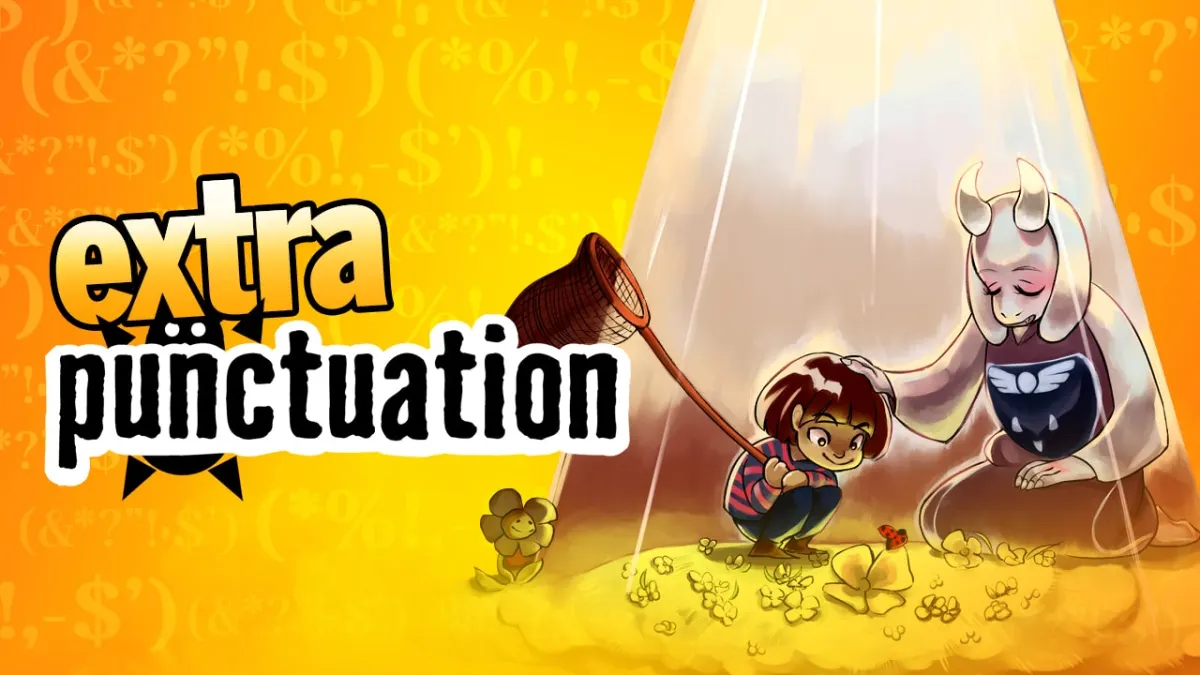
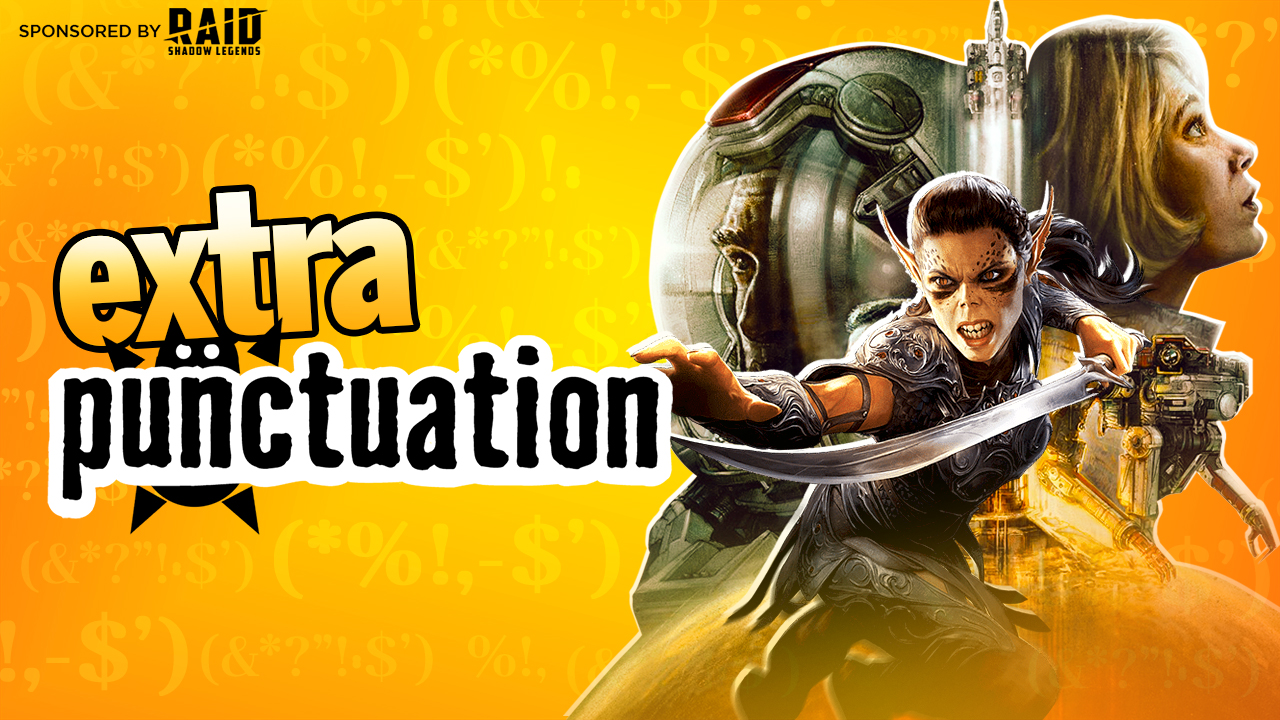
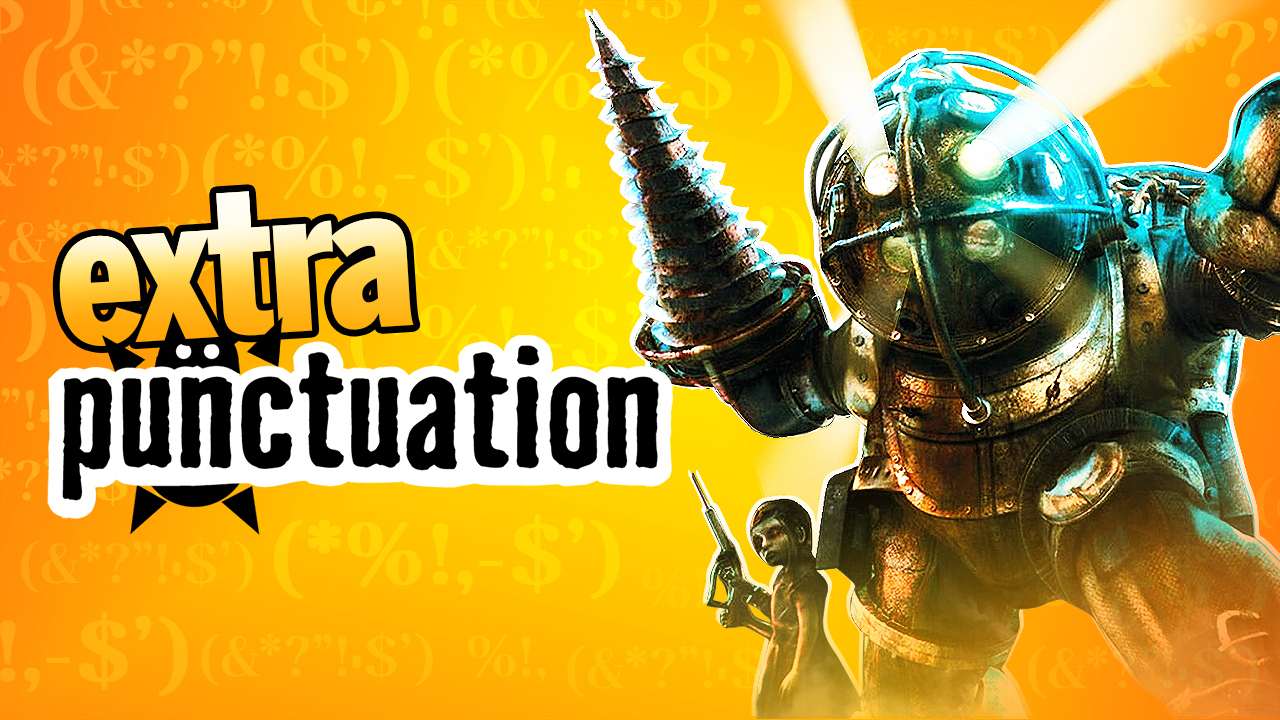
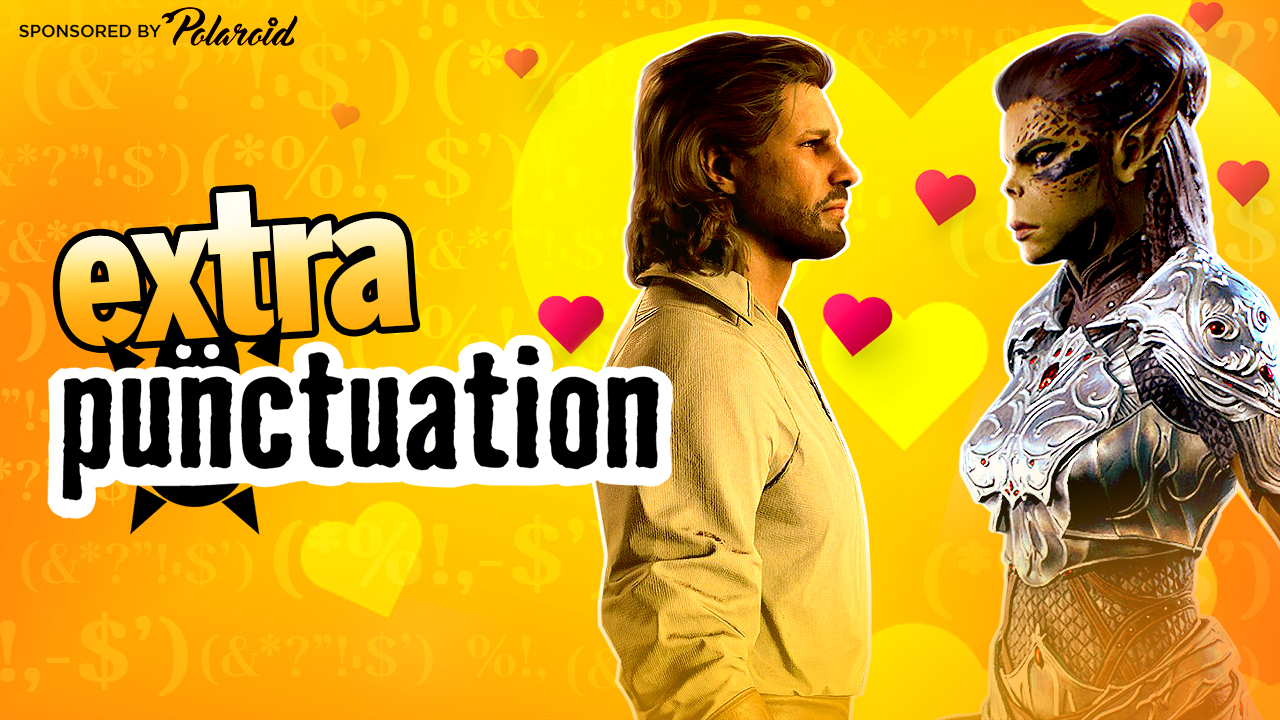
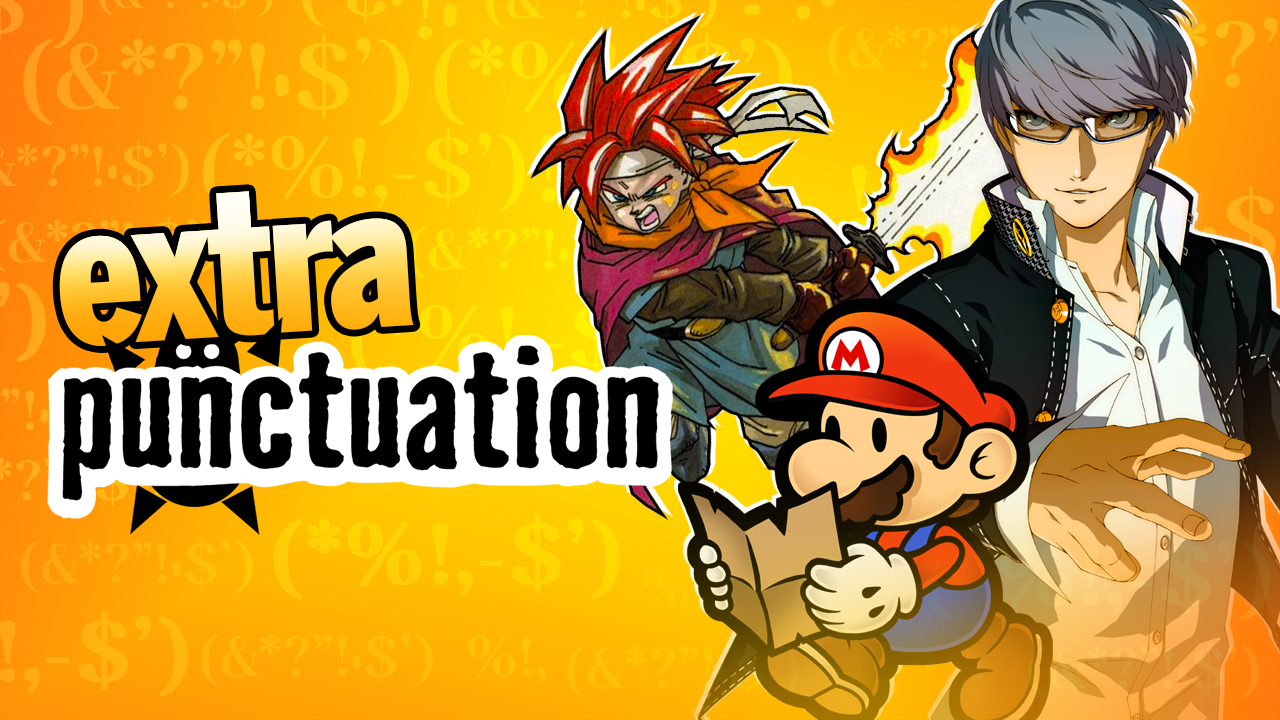
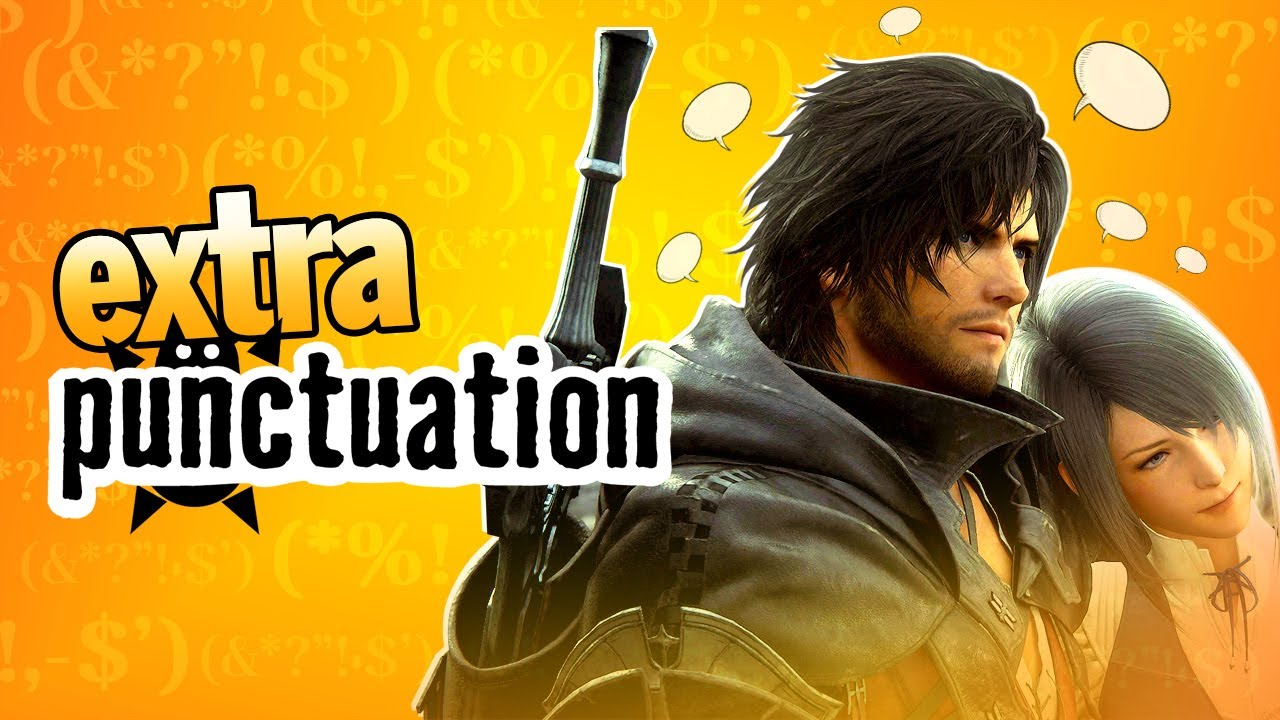
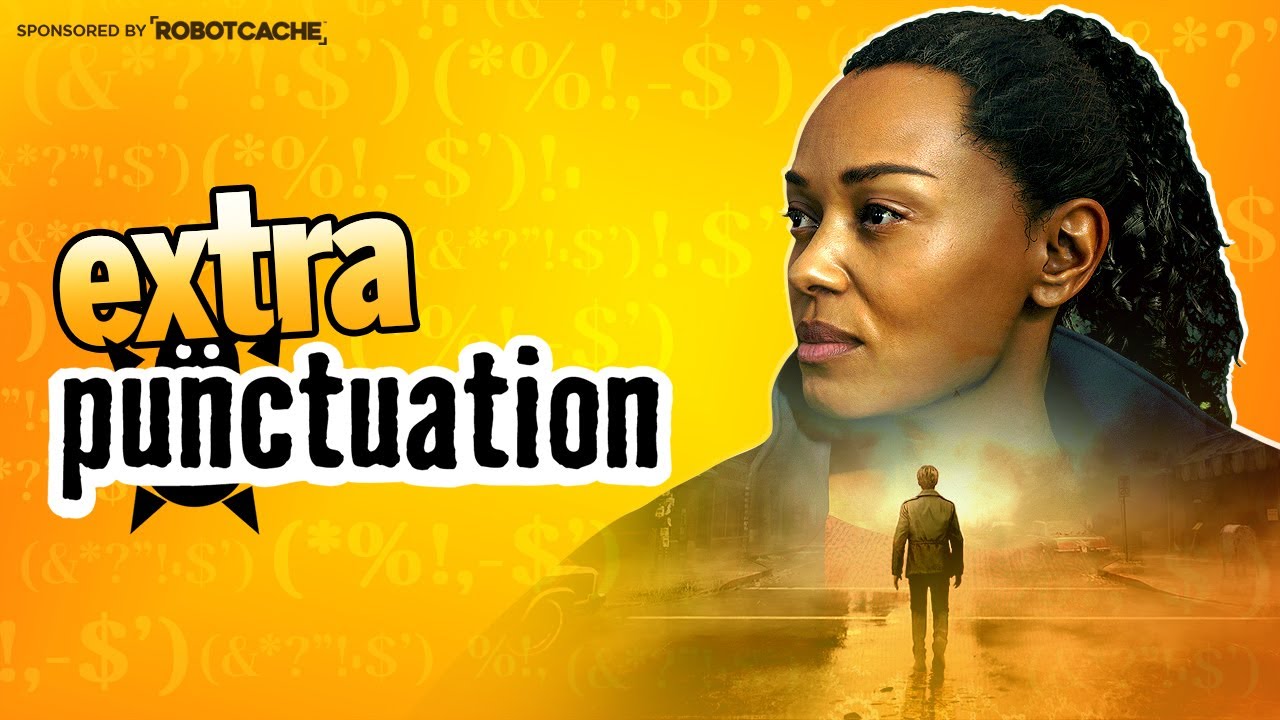
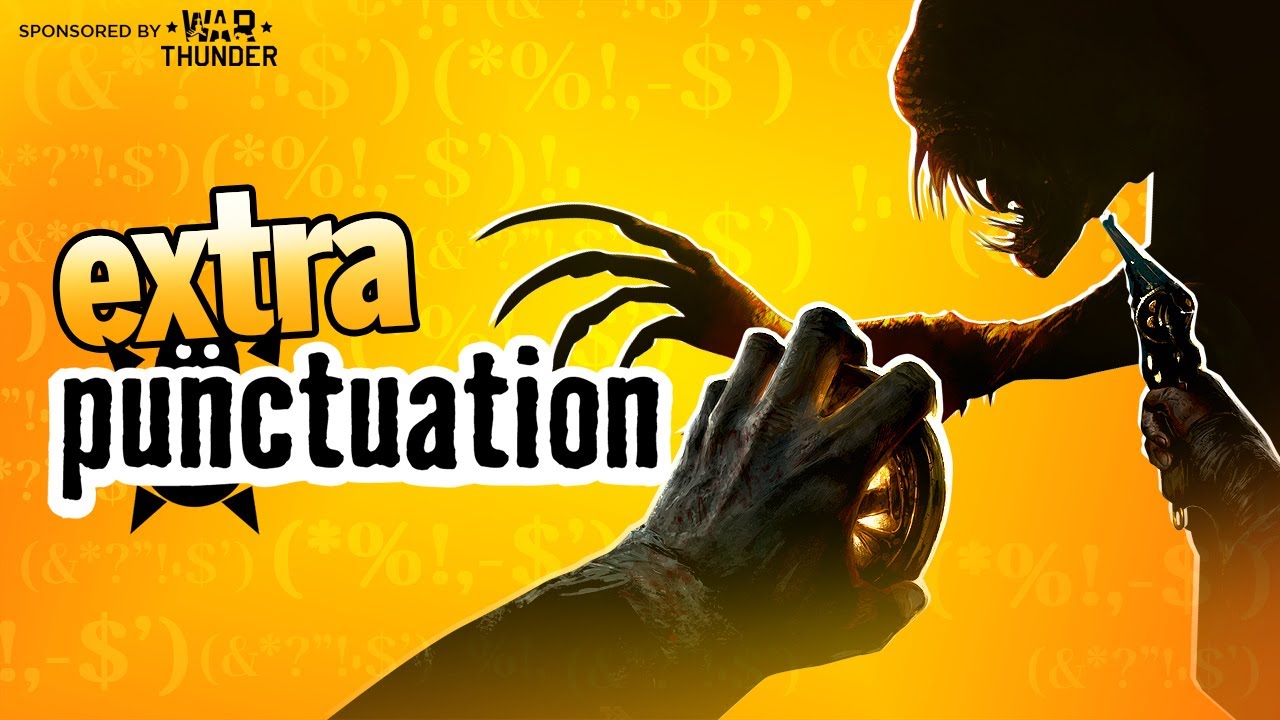
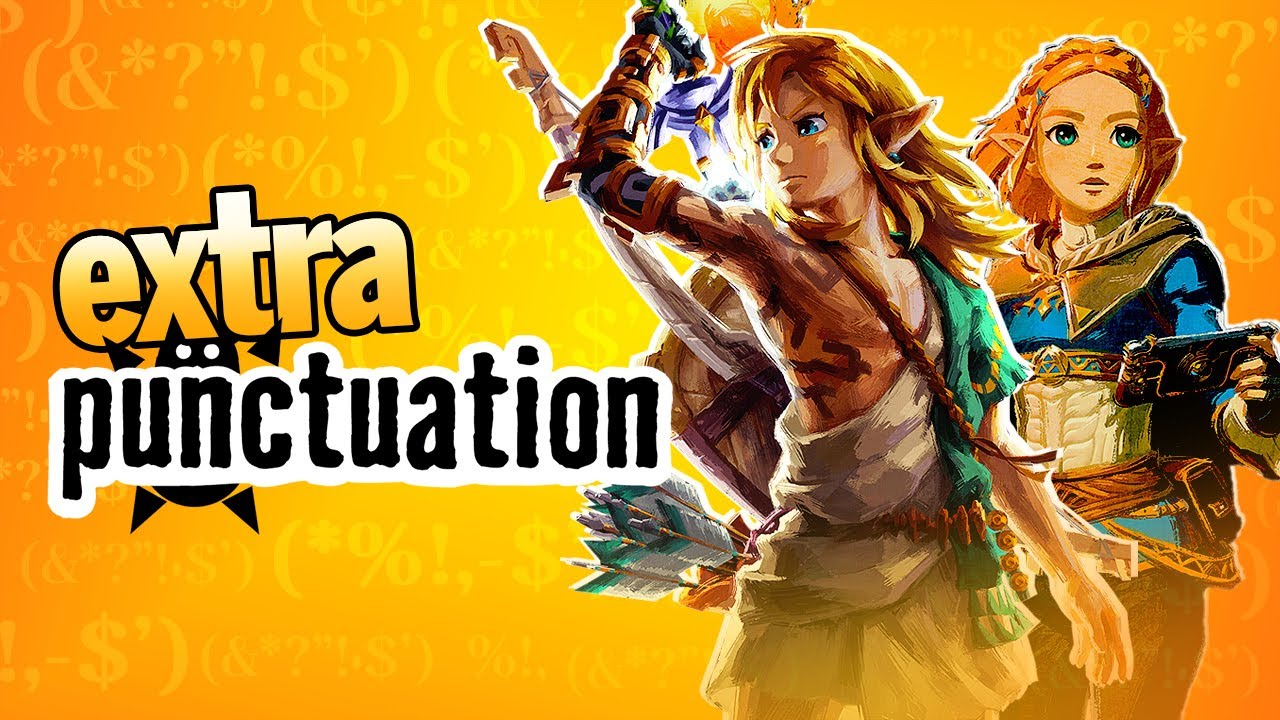




Published: Dec 29, 2021 5:00 PM UTC